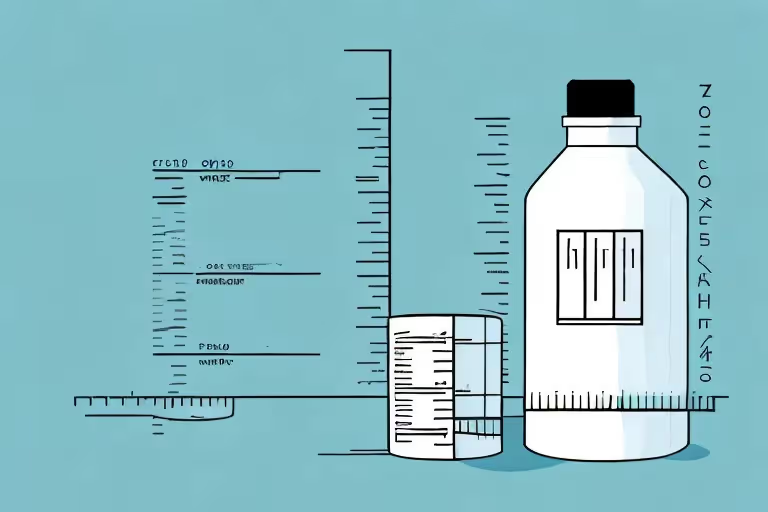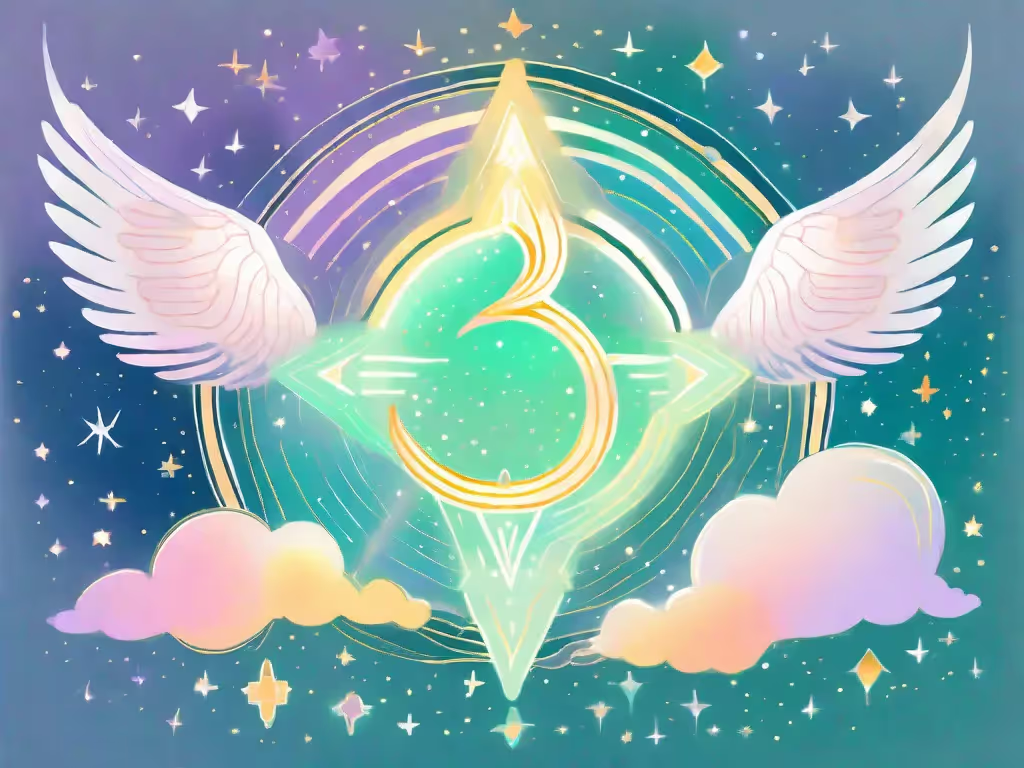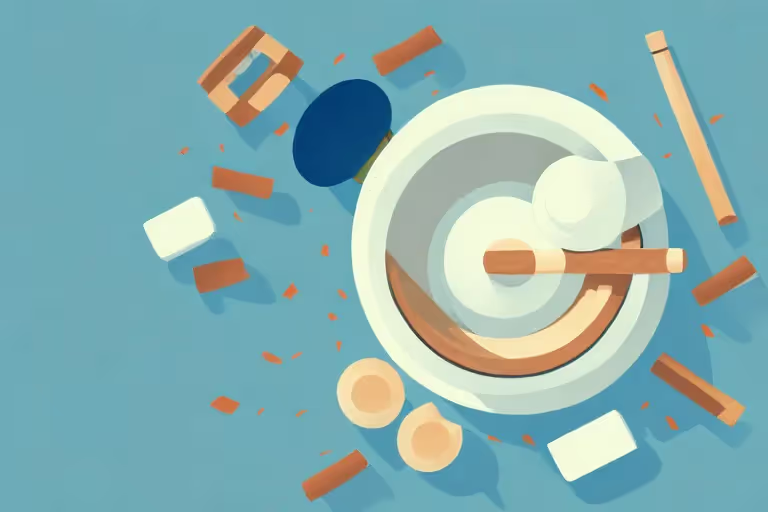If you're struggling with sleep disorders and have been prescribed Clonazepam, you may be wondering what the maximum dosage is. Clonazepam is a medication commonly used to treat sleep disorders such as insomnia, and understanding the appropriate dosage is crucial for effective treatment and avoiding potential risks.
Understanding Clonazepam
What is Clonazepam?
Clonazepam is a prescription medication that belongs to a class of drugs called benzodiazepines. It is commonly prescribed to treat various conditions, including anxiety disorders, panic disorders, and certain types of seizures. Clonazepam works by enhancing the effects of gamma-aminobutyric acid (GABA), a neurotransmitter that helps calm the brain and nervous system. By increasing GABA activity, Clonazepam helps reduce anxiety, induce sleep, and relax muscles.
Clonazepam is available in tablet and orally disintegrating tablet forms. The tablet form is typically taken two or three times a day, while the orally disintegrating tablet is placed on the tongue, where it dissolves quickly without the need for water. The dosage and frequency of Clonazepam may vary depending on the individual's condition and response to treatment, and it is important to follow the prescribed instructions carefully.
Fall Asleep Faster and Stay Asleep Longer: Meet Aura, the #1 App for Sleep Sounds, Sleep Stories, Sleep Meditations, and More. Try it Free!
How Does Clonazepam Work?
Clonazepam works by targeting the chemicals in the brain that may be unbalanced, leading to sleep disturbances. It acts as a potent anticonvulsant and sedative, effectively slowing down the brain's activity. By doing so, it promotes relaxation, aids in sleep initiation, and helps prevent seizures.
When Clonazepam is ingested, it is rapidly absorbed into the bloodstream and reaches peak plasma concentrations within 1 to 4 hours. The medication then crosses the blood-brain barrier and binds to specific receptors in the brain known as GABA-A receptors. By binding to these receptors, Clonazepam enhances the inhibitory effects of GABA, which results in a decrease in neuronal excitability and a calming effect on the central nervous system.
It is important to note that Clonazepam should be used with caution and under the supervision of a healthcare professional. Abruptly stopping the medication or increasing the dosage without medical guidance can lead to withdrawal symptoms and potential adverse effects. It is always recommended to follow the prescribed dosage and consult a healthcare provider for any concerns or questions regarding Clonazepam.
Clonazepam for Sleep Disorders
The Role of Clonazepam in Treating Insomnia
Insomnia, one of the most common sleep disorders, can significantly impact an individual's daily life. Clonazepam can be an effective option for treating insomnia, especially when other non-medical approaches have not provided satisfactory results. It helps by reducing the time it takes to fall asleep, increasing total sleep time, and improving sleep quality.
Insomnia is characterized by difficulty falling asleep, staying asleep, or both. It can lead to daytime fatigue, irritability, and decreased cognitive function. While non-medical approaches such as improving sleep hygiene, relaxation techniques, and cognitive-behavioral therapy are often recommended as the first line of treatment, they may not always be sufficient to address the underlying causes of insomnia.
Clonazepam, a medication belonging to the benzodiazepine class, works by enhancing the effects of gamma-aminobutyric acid (GABA), a neurotransmitter that inhibits brain activity. By increasing GABA activity, clonazepam helps to calm the brain and promote sleep. This mechanism of action makes it an effective option for individuals struggling with insomnia.
Try Proven Sleep Meditations, Sleep Sounds, and Sleep Stories
Having trouble catching those Z's? The Aura App's got you covered with personalized sleep meditations, hypnosis, calming music, and soothing sounds to help you drift off into dreamland effortlessly. From meditations to stories to CBT, find everything you need for your whole wellbeing, all in Aura.
Other Sleep Disorders Treated by Clonazepam
Clonazepam is not only used in the treatment of insomnia but also in other sleep disorders such as restless legs syndrome (RLS) and periodic limb movement disorder (PLMD). RLS is a condition characterized by an irresistible urge to move the legs, often accompanied by uncomfortable sensations. PLMD, on the other hand, involves repetitive limb movements during sleep, leading to frequent awakenings and disrupted sleep.
Restless legs syndrome can be a distressing condition, causing discomfort and an overwhelming urge to move the legs, particularly in the evening or at night. This can significantly disrupt sleep and lead to daytime fatigue. Clonazepam helps alleviate the symptoms of RLS by reducing the leg movements and promoting a more peaceful sleep.
Periodic limb movement disorder, similar to RLS, involves involuntary limb movements during sleep. These movements can occur every 20-40 seconds and often go unnoticed by the individual experiencing them. However, they can disrupt sleep and lead to fragmented, non-restorative sleep. Clonazepam helps by reducing the frequency and intensity of these limb movements, allowing for a more uninterrupted sleep.
It is important to note that while clonazepam can be effective in managing these sleep disorders, it should be used under the guidance of a healthcare professional. They will consider factors such as the individual's medical history, potential side effects, and overall treatment goals to determine the appropriate dosage and duration of treatment.
Determining the Right Dosage
Factors Influencing Clonazepam Dosage
The appropriate dosage of Clonazepam for sleep disorders can vary depending on several factors. These may include the individual's age, overall health, severity of the sleep disorder, and their response to the medication. It is essential to work closely with a healthcare professional to determine the correct dosage for your specific needs.
When it comes to determining the right dosage of Clonazepam for sleep disorders, age plays a crucial role. Children and adolescents may require different dosages compared to adults. This is because their bodies metabolize medications differently and may have different tolerances.
Another factor that influences Clonazepam dosage is the overall health of the individual. People with certain medical conditions, such as liver or kidney problems, may require lower dosages to avoid potential complications. Additionally, individuals who are taking other medications may need to adjust their Clonazepam dosage to prevent drug interactions.
The severity of the sleep disorder also plays a significant role in determining the appropriate dosage of Clonazepam. Individuals with mild sleep disorders may require lower dosages, while those with more severe symptoms may need higher doses to achieve the desired effect.
Lastly, individual response to the medication is another important factor. Some individuals may be more sensitive to the effects of Clonazepam, while others may require higher doses to achieve the desired therapeutic effect. Regular monitoring and communication with a healthcare professional are crucial to ensure the dosage is effective and safe.
Typical Dosage for Sleep Disorders
In general, the typical starting dosage of Clonazepam for sleep disorders is 0.25 to 0.5 mg taken orally once daily at bedtime. This initial dose can be adjusted based on individual response and the healthcare professional's recommendations. It is important to follow the prescribed dosage and not to exceed it without medical guidance.
It is worth noting that the starting dosage of 0.25 to 0.5 mg is just a general guideline. The actual dosage may vary depending on the factors mentioned earlier. For some individuals, a lower dosage may be sufficient to improve sleep quality, while others may require a higher dosage to achieve the desired therapeutic effect.
It is important to give the medication enough time to work before considering any dosage adjustments. Clonazepam may take several weeks to reach its full effectiveness, so patience is key when determining the right dosage for sleep disorders.
Regular follow-up appointments with a healthcare professional are essential to evaluate the effectiveness of the current dosage and make any necessary adjustments. It is crucial to communicate any changes in sleep patterns or side effects experienced during the treatment to ensure the dosage remains appropriate.
In conclusion, determining the right dosage of Clonazepam for sleep disorders is a complex process that involves considering various factors such as age, overall health, severity of the sleep disorder, and individual response to the medication. Working closely with a healthcare professional is crucial to ensure the dosage is tailored to meet the specific needs of each individual.
Maximum Dosage of Clonazepam for Sleep
Understanding the Maximum Dosage
The maximum dosage of Clonazepam for sleep disorders should not exceed 2 mg per day. This ensures the medication's effectiveness while minimizing the risk of side effects. It is crucial to adhere to the prescribed maximum dosage and avoid increasing it without medical supervision.
Risks of Exceeding the Maximum Dosage
Going beyond the maximum dosage of Clonazepam can lead to an increased risk of side effects. These may include drowsiness, confusion, poor coordination, memory problems, and respiratory depression. Excessive use can also lead to dependence and withdrawal symptoms if the medication is abruptly discontinued. Therefore, it is vital to follow the prescribed maximum dosage and consult with a healthcare professional if any adjustments are needed.
Side Effects and Risks of Clonazepam
Common Side Effects
Like any medication, Clonazepam can have side effects. The most common ones include drowsiness, dizziness, fatigue, and difficulties with coordination. These side effects are generally mild and tend to improve as the body adjusts to the medication. If these symptoms persist or worsen, it is essential to consult with a healthcare professional.
Serious Risks and Warnings
Although rare, there are serious risks associated with Clonazepam. These may include severe allergic reactions, suicidal thoughts or behavior, and an increased risk of certain mental health conditions. It is crucial to seek immediate medical attention if any severe side effects or symptoms occur. Additionally, Clonazepam should not be used by individuals with a history of substance abuse or breathing problems.
In conclusion, while Clonazepam can be an effective medication for sleep disorders, it is crucial to understand and follow the appropriate dosage. The maximum dosage should not exceed 2 mg per day, ensuring optimal effectiveness and minimizing risks. It is always important to work closely with a healthcare professional to determine the correct dosage and monitor any potential side effects.
If you're struggling with sleep disorders, the Aura Health App can be a valuable tool to support your overall well-being. With a variety of relaxation exercises, guided meditations, and sleep sounds, the app can help you create a soothing bedtime routine and improve your sleep quality. Embrace the benefits of a restful night's sleep with the Aura Health App.
Aura is Your All In One App for Meditation, Mindfulness Wellbeing
Find peace every day with one app for your whole well-being. There is no one-size-fits-all solution to mental well-being. Aura is the first all-in-one wellness app that learns how to best help you. Discover an endless library of expert-created tracks for your well-being, all taught by the world’s best coaches, therapists, and storytellers. With Aura's personalized recommendations, you can find peace every morning, day and night.



.webp)






.avif)

%20(1).avif)


.avif)
.avif)
.webp)


.avif)


















































































































.avif)

















.svg)









